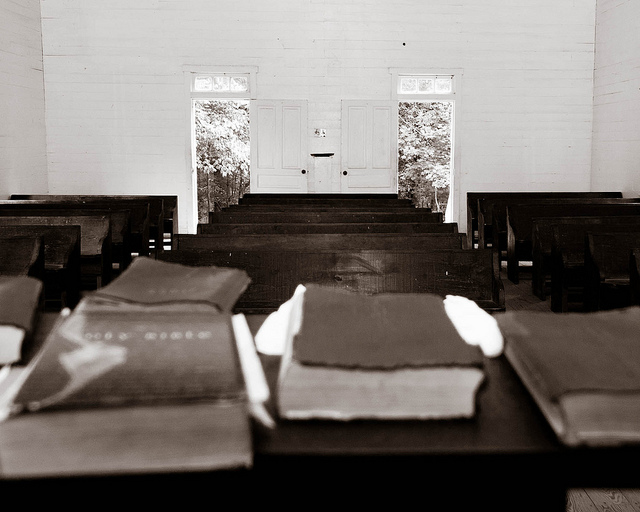Why Did Jesus Ask Three Times?
Last weekend was a “lovely” weekend. Valentine’s Day always sparks the thoughts of love and relationships. You think about the people who love you and the ones you love. You celebrate these relationships in some way.
On the shoreline of Tiberias our Savior had this topic in mind. He had been resurrected, and had appeared 6 times to different people or groups according to the Scriptural record. A seventh appearance, the third among His disciples, is recorded in John 21. In this episode the apostle Peter and six of the other disciples had gone fishing in Galilee. They had fished all night and caught nothing. Jesus shows up, and similar to their initial fishing encounter, their luck changes (see Luke 5:1-11).
After eating breakfast, probably off from the rest of the group, Jesus asked Peter a very personal question, “Simon, son of Jonah, do you love Me more than these?” He addressed Peter as He did upon the apostle’s confession of His Messiahship (Matthew 16:16). The “these” of this verse could mean the other disciples, or perhaps the fishing business – “Simon do you love me more than you love all of these other things.” Jesus could have also been asking, “Do you love me more than the others love Me?” Peter had claimed such in the past (Matthew 26:31-35).
Peter said, “Yes.” He loved Jesus. But Jesus asked again. And again the reply was, “Yes.” And then a third time Jesus asked. A third time the answer from Peter was, “Yes.” But by this third time Peter was grieved in his spirit that Jesus was asking the question. This leads the reader to wonder, why did Jesus ask three times? And why was Peter hurt by the end of the conversation?
In the Greek language there are several words for “love.” In this text two different words are used. “Agapao” is the verb form of love that means – “love of the intellect, a disposition that manifests itself in devotion to the object of its interest.” It is the love of the mind and will. It is a calculated disposition of regard and pious inclination. It is the love of admiration and action. Agapao is the highest form of love – it is the love of God.
A second word for love, “Phileo,” is also employed in this discussion. Phileo is – “closeness, warm and spontaneous affection, prompted by a sense of emotion.” It deals with feelings that come from instinct that well up inside a person because of a connection that may be gained or felt through close association. It is the genuine bond of friendship.
When Jesus asked the first two times, He used the word, “Agapao.” “Peter, do you love me with the love of God?” Both times Peter answered with the word, “Phileo.” “Jesus, you know that I love you as a friend.” The third time Jesus asked with the word, “Phileo.” “Peter, do you love me with the love of a friend?” Peter again answered with the same word a third time. “I have fond affection for you.” Grieved in his heart, he affirmed this secondary kind of love.
While many have speculated as to the reason for this question being ask three times (including maybe this was Peter’s opportunity to make up for his 3-fold denial), it seems that the answer lies in the reality that Jesus was challenging the depth of Peter’s love. He was calling him to a higher level of devotion. Peter had claimed many things (Matthew 26:31-35) – including a promise to be put to death for Jesus’ sake. Jesus was testing his allegiance. The fact was that Peter was grieved because he could not at this point boast of a love and devotion to Jesus with the confidence he once had.
Jesus went on to tell Peter, the one He called “the little stone,” that he would indeed prove his love for Jesus through his own death. History alludes to this reality. Peter was crucified for His crucified Savior. Peter did love Jesus with the love of God.
If the resurrected Christ were to walk beside us today, it is likely He would want to ask the same question. Do we love Him supremely? Do we love Him with the love of God? Are we willing to prove it?
How many times would He have to ask you? What would your answer be?
——
To Receive Every Post via Email for Free, Click Here
Photo background credit: idea ablaze on Creative Commons




